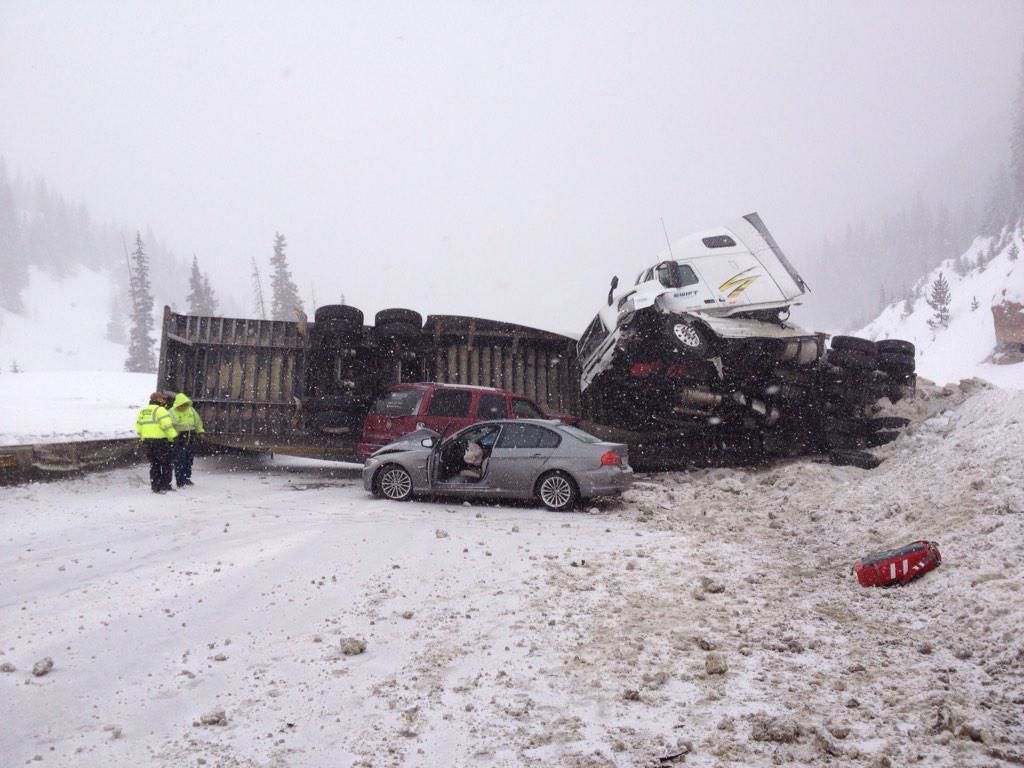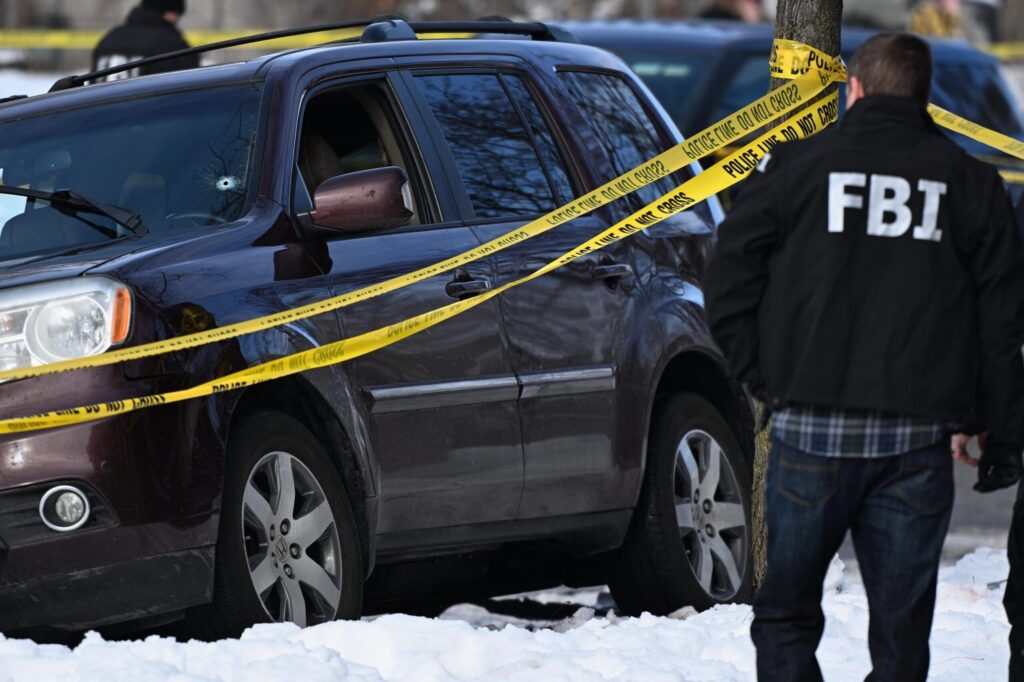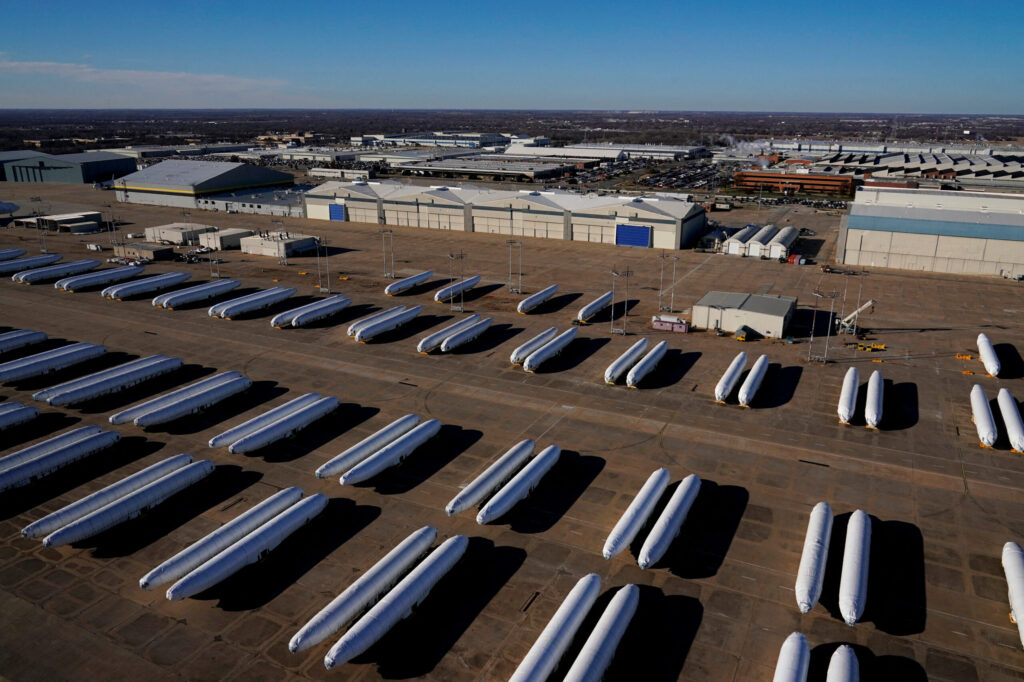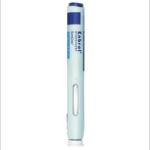Colorado State Patrol writes tickets to truckers without chains

Getting locked in a traffic jam behind a tractor-trailer stuck on snow-and-ice covered highways in the mountains is almost a tradition for Colorado drivers, who can face hours of delays when truckers don’t have, or don’t put on tire chains when the law requires them.
Colorado State Patrol troopers began cracking down on chain violations by inspecting trucks at ports of entry starting Oct. 1, a month after the Colorado law kicked in. All commercial vehicles are supposed to stop at ports of entry, but sometimes don’t.
On Oct. 1, troopers and Port of Entry officers conducted chain law inspections on I-70 near Dotsero, at the eastern end of Glenwood Canyon.
In one day, the inspectors made 468 contacts, issued 102 citations, 50 of which were chain violations. They contacted one driver without a commercial driver’s license and 70 “port runners,” or commercial vehicles who failed to stop for inspection. Among all of the contacts the chain law compliance rate was 89.5%.
Colorado law requires all commercial vehicles to carry tire chains between September 1 and May 31 each year. It applies to commercial vehicles with a combined weight of more than 16,000 pounds or that carry 16 or more people.
Glenwood Canyon is prone to big-rig crashes in the winter due mostly to truckers driving too fast on the icy highway.
Vail Pass is another hot spot for truck accidents.
Eastbound I-70 was closed near Vail January 8, for a crash where a westbound commercial vehicle crossed the median and struck another truck and passenger vehicles traveling eastbound. The highway was closed again on January 14 for a hazardous materials cleanup of leaking diesel fuel from that crash.
In a Febuary 4, 2025 letter to Gov. Jared Polis, Vail officials claimed that, based on information from the state, in 2024 there were 99 full closures of highways amounting to 161 hours and an estimated economic impact “exceeding $300 million dollars.”
“There is now a $1.6 million hit to the Colorado economy every hour that I-70 is closed,” said the Colorado Department of Transportation in a December 18, 2024 newsletter.


















